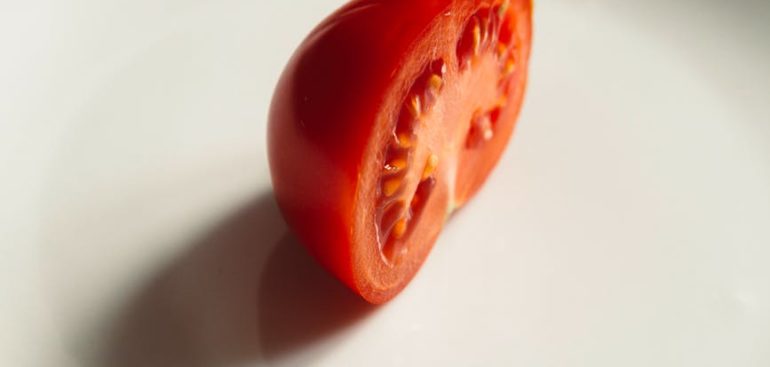At one point or another we’ve all done the ‘crash diet’ out of mere desperation and lack of patience. We want to lose that extra weight, and we want to lose it now. So for a lack of better understanding, we restrict ourselves from most foods, eat mostly salad leafs, snack on celery, start doing cardio and hope for the best.
If you’re not familiar with the term, crash dieting is basically severely cutting down your total calories (50-75%) with the goal of losing weight really, really fast.
Crash dieting is a great example of how not to approach fat loss. Even though the scale may look like it’s in your favor for a short while, there are many drawbacks.
Metabolic Damage
Regardless of what diet plan one follows, the metabolism will adapt to it eventually. The process of metabolic down regulation can occur in as little as 5-7 days. Restrict your calories for too long and your metabolism will slow down and adapt to the new energy intake.
The body is always looking to settle into a comfortable state – homeostasis. With a now slow and possibly damaged metabolism, the drawbacks start taking place. Not only has the weight loss stall, but also there is nowhere else to go from here.
If you’re already eating under 1000 calories a day which is half or a third of a healthy adult is suppose to eat, restricting even further would be unsustainable and just plain unhealthy.
The moment a normal, healthy amount of food is added back to the diet, the body will rebound and gain all that fat back and then some. The metabolism cannot cope with what now seems to be excess food and start accumulating it as fat.
This is a common theme that occurs in those who lost a ton amount of weight in a short period of time, only to put it back in a few weeks or months.
Avoid this by following a healthy and sustainable fat loss nutrition plan coupled with regular exercise and being patient. Just like you haven’t gained all the fat at once, it is not healthy nor sustainable to approach fat loss in such a way.
Muscle Loss
The two words that puts a bodybuilder straight on the deathbed. Having muscle on your frame is a sign of strength and vitality. It takes conscious effort, discipline and time to build it. It is crucial to maintain as much lean muscle tissue as possible when looking to lose fat because it keeps you strong and healthy, increases your metabolism (burns more calories than fat) and gives your body the ‘toned’ and defined look that most people desire.
Following a crash diet is a sure way to lose muscle as part of that overall weight loss.
When the calories are extremely restricted your body will start getting rid of muscle. If your goal is to look defined or ‘toned’ then you need to keep as much muscle as possible on your physique.
Losing too much muscle will leave you looking flabby and soft.
Make sure you eat an adequate amount of protein (about 1g-1.3g/lb of bodyweight) and do some type of resistance training in order to preserve your muscle mass while in a caloric deficit.
Overall Body Malnutrition
Aside from extremely low macro-nutrients, micro-nutrients are also compromised. The lack of vitamins, minerals and essential healthy fats will weaken the immune system and put you at risk of many nasty diseases.
The main or at least very close second reason for wanting to lose weight is to become healthy and have your body work optimally. Crash dieting will do the opposite.
In addition, the extreme restriction of calories will cause disturbance of your hormonal balance and your overall well-being. Anything to see that scale go down, right? No more.
There are plenty of healthy and sustainable ways of getting in great shape, crash dieting is most definitely not one of them.
Key Points:
- Causes metabolic damage and a weight gain ‘rebound’ effect
- Causes loss of lean muscle tissue
- Unhealthy and unsustainable
Solution
- Eat in a slight caloric deficit and adjust as needed. There are other fat loss tools that can be added to avoid plateaus and keep the fat melting off. Find it here.
- Eat enough protein for your size and do resistance training to preserve muscle
- Incorporate plenty nutrient dense foods as well as supplement with vitamins, minerals and essential fatty acids

